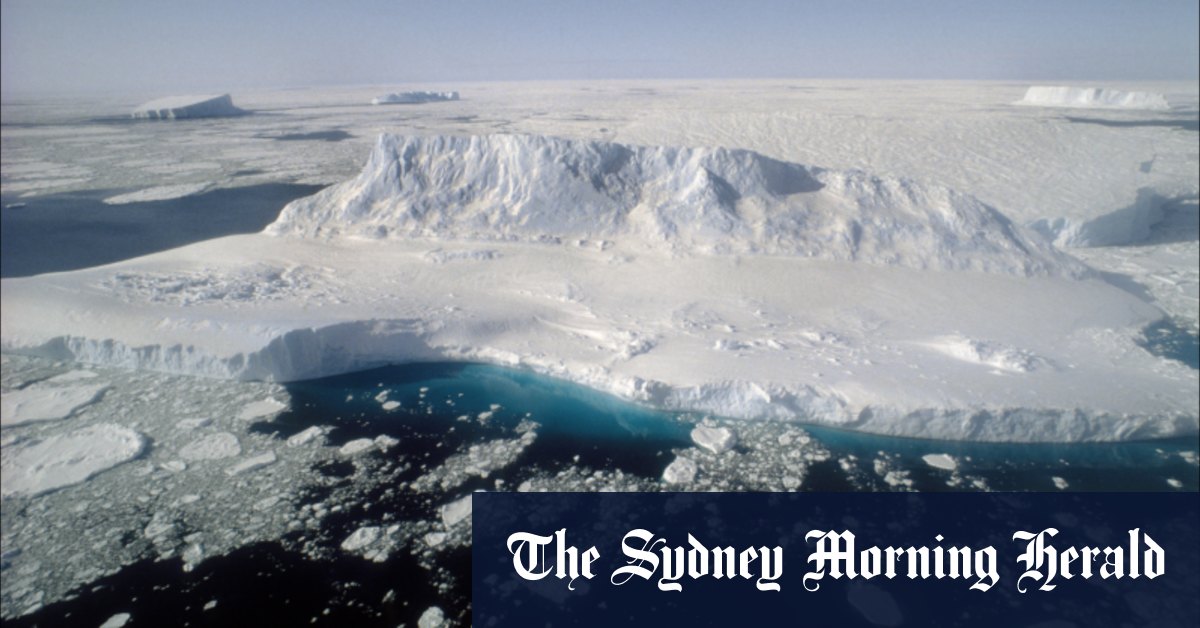- The decrease in sea ice in Antarctica is causing oceans to absorb more heat, leading to further warming and potentially severe impacts on ecosystems.
- Global average sea surface temperatures have been warm since May, contributing to the warm temperatures experienced in July, which may be the hottest month ever recorded.
- The decrease in sea ice is affecting the krill population, which migrating whales rely on for food, and penguins, which rely on sea ice for breeding.
- The factors influencing sea ice include stronger winds from north to south, which push sea ice towards Antarctica and restrict its spread.
- Less sea ice exposes Antarctic ice shelves to warmer water, resulting in greater melting and possible sea level rises.
You must log in or register to comment.


